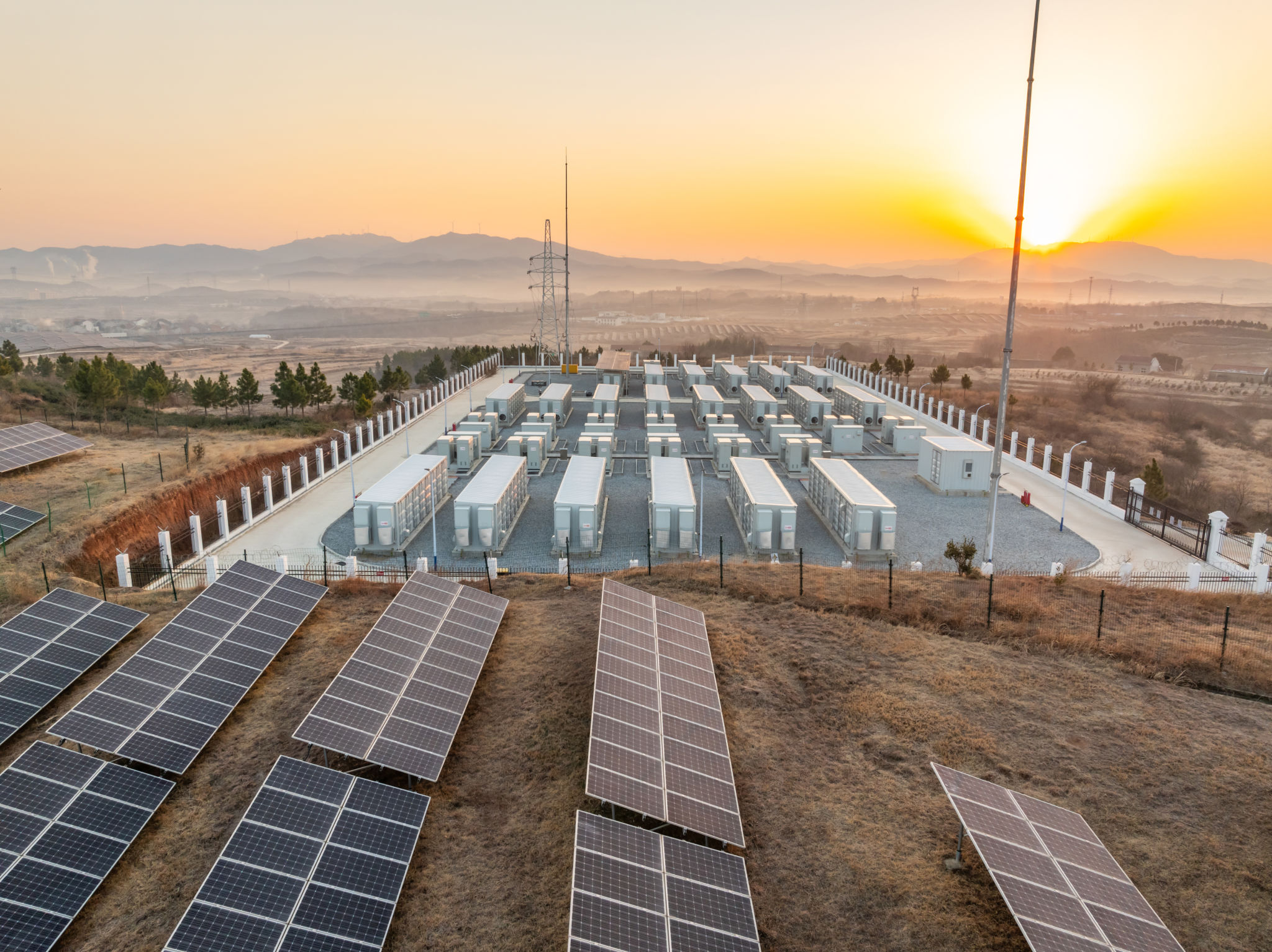Innovative Solar Technology Trends Transforming the Industry
Revolutionizing Solar Panel Efficiency
The solar industry has seen remarkable advancements in recent years, driven by innovative technologies aimed at enhancing efficiency and sustainability. One of the primary areas of focus is the improvement of solar panel efficiency. New materials and designs are being developed to ensure that photovoltaic cells convert sunlight into electricity more effectively than ever before.
Among the most promising innovations is the use of perovskite solar cells. These materials have shown a potential efficiency rate exceeding traditional silicon-based cells. Researchers are also exploring tandem solar cells, which layer different materials to capture a broader spectrum of sunlight, significantly boosting energy output.

Energy Storage Advancements
Another critical component of solar technology is energy storage. As solar power generation fluctuates with weather and daylight conditions, efficient storage solutions are essential to ensure a stable energy supply. Recent advancements in battery technology are revolutionizing how solar energy can be stored and used.
Lithium-ion batteries remain popular, but new contenders like solid-state batteries and flow batteries are gaining traction. These innovations offer longer lifespans, higher energy densities, and improved safety profiles, making them ideal for both residential and commercial solar applications.

Smart Solar Solutions
The integration of smart technology into solar systems is another trend transforming the industry. Smart solar solutions allow for better monitoring and management of energy production and consumption, optimizing efficiency and reducing waste.
Smart inverters play a crucial role by converting direct current (DC) produced by solar panels into alternating current (AC) more effectively. Additionally, these inverters can communicate with the grid, allowing for more dynamic distribution of electricity based on real-time demand.
The Role of AI and IoT
Artificial Intelligence (AI) and the Internet of Things (IoT) are increasingly being incorporated into solar systems to enhance performance. AI algorithms can predict energy production and consumption patterns, helping optimize the use of stored energy and improve grid stability.

Emerging Solar Technologies
In addition to the improvements in existing technologies, novel solar concepts are emerging that promise to reshape the industry landscape. One such innovation is floating solar farms, which utilize bodies of water to host solar panels. This not only conserves land but also helps to cool the panels, increasing efficiency.
Another exciting development is building-integrated photovoltaics (BIPV), where solar cells are incorporated into building materials such as windows and facades. This approach not only generates power but also seamlessly integrates into architectural designs.

Sustainability and Environmental Impact
As the industry evolves, sustainability remains a key focus. The production processes for new solar technologies are being refined to reduce environmental impact. Recycling programs for end-of-life panels are also being developed to minimize waste.
The shift towards more sustainable practices ensures that the growth of solar technology does not come at the expense of environmental health, aligning with global efforts to combat climate change and promote renewable energy adoption.
Conclusion
The rapid pace of innovation in solar technology is transforming the industry, making it more efficient, sustainable, and versatile. As these technologies continue to advance, they hold the promise of making solar power a dominant force in the global energy landscape. With ongoing research and development, the future of solar energy looks bright, driving us toward a more sustainable world.
